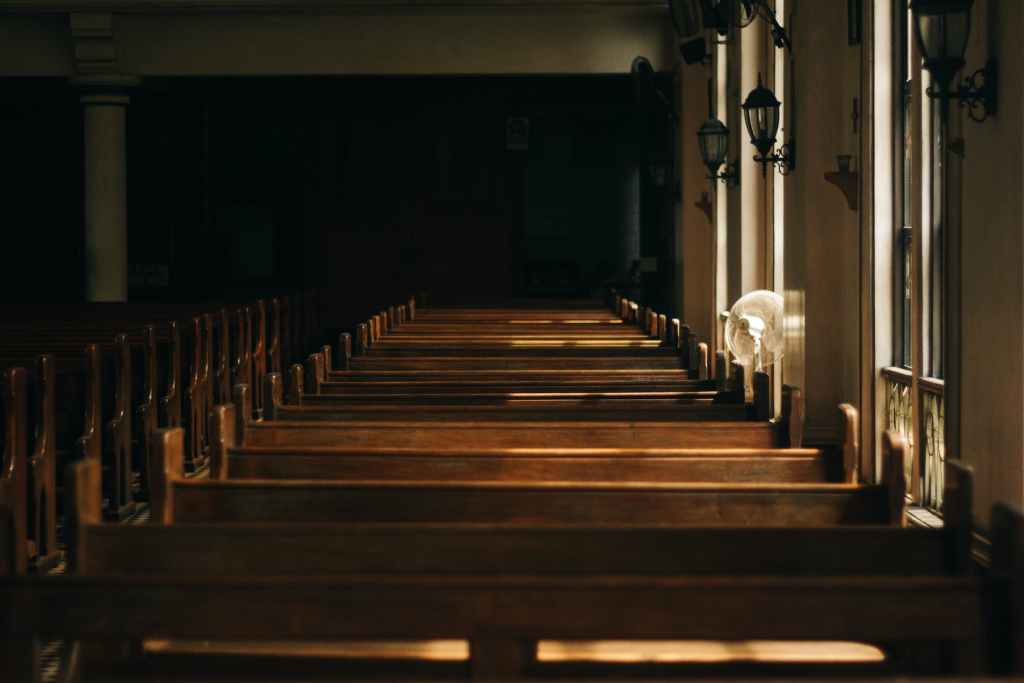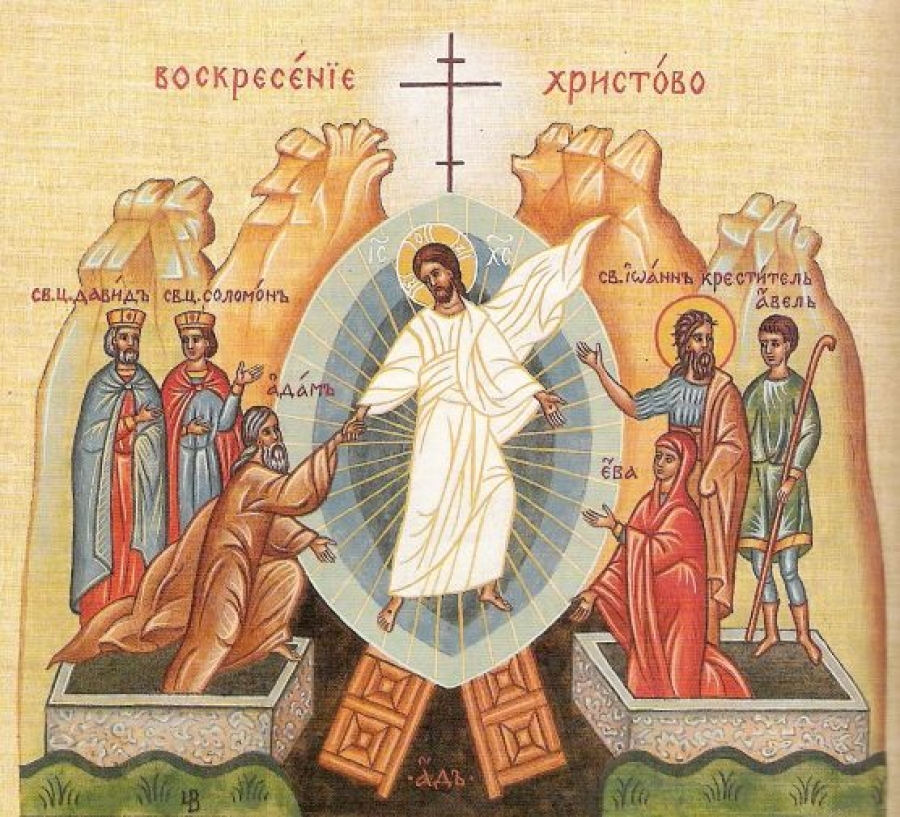Tags

It has been a long time since I have written regularly here. First, the demands of my post as Provost suggested that, given the propensity of the permanently offended to run to my university to complain about my temerity in having views with which they disagreed, it might be an idea not to feed them; and then the demands which Covid put on those I love, left but little time for reflection.
Yet, time there was, but that time I put to other uses. I found in the daily office of the Church a peace which was unavailable elsewhere; it was much needed. It as a reminder, in case one as attached to regular ritual as myself needed one, of the importance of the daily offices. This was particularly so in the dry seasons, when prayer was hard and I was far enough away from God for it to seem that He was far away from me. It was a reminder that wherever I was, He was always there.
That the world has changed over the last few years is a truism, change it eternal. That said, there is something more than that at work. That world which many of us in the West took for granted, an order underpinned by American wealth and military strength, has seldom seemed so threatened. The external threats are clear enough. The rising power of China; the brutality of Putin; and the fragility of the Western alliance. But internally, too, we have done much to undermine our own order. In the rush to criticise “the West”, too often what has been forgotten are the benefits of a civilisation which, for all its faults, abolished phenomena such as slavery, child labour, and lawlessness in international relations. But we are where we are.
It is easy enough to rail at what others call “progress”, but which seems, to an older man, to deserve another name. But that invites an uncomfortable question – how far are those with a grievance justified, not in wanting whatever it is they want, but in feeling aggrieved. How far have we followed Christ’s commandment to love one another as He has loved us?
Ah! We might say, but those, the others, they are reprehensible. Aren’t they always? Isn’t that an easy way out? And yet, and yet, how hard it can be.
Politics in both the USA and the UK has become ever more tribal, but with a worrying twist. One might, with justification, say that politicians have always tended to be “economical with the truth,” but, and not so long ago, one caught in an outright lie would resign; at the least there would be an odour of hypocrisy about it – the tribute vice paid to virtue. But now there is no tribute paid. The old joke, “how do you know the Prime Minister is lying?” lost its humour under Boris Johnson, but not its accuracy. It is rare to have a totally amoral Prime Minister. Public life must at least appear to be about something more than the personal advancement, when it does not, then cynicism sets in – and that is, perhaps the greatest threat to democracy. Kleptocracy is not a form of government that will ever command much in the way of assent. Populism is a temptation our leaders seem unable to eschew.
So, one way and another, not least with the depredations of COVID, the urge to blog was tempered with a desire to avoid pointless arguments. In tribal politics, the realm allowed to argument is narrowed. The very fact that someone dares take a different point of view can, and does, become of itself and in itself, an “offence.” Those who take “offence” most easily, are apt to be most offensive in turn – but their self-righteousness does not allow them to process that fact, indeed, it makes them even more sensitive. To engage in argument with such people is a waste of effort; one needs to have the humility to know they will not change. Others, who will listen, are a better use of time.
In such a society, it is only to be expected that the Churches will find themselves subject to the same temptations. I stopped reading anything about Pope Francis a long time ago, such is the polarising effect he has. Popes come and go, he has come, he will go. Future historians may see him as the last gasp of sixties liberalism, or a step towards a Church which allows more variation than hithertofore. In the Anglican communion, the long argument over LGBT+ rumbles on, with both sides digging in, as though the main message of Our Lord was not that we should love one another.
In such times what is one to do? But such times are, as any historian will tell you, not uncommon. What is uncommon is the long period of relative peace and prosperity which we have known for so long in the West.
A century and a half ago, Matthew Arnold wrote about the “melancholy, long, withdrawing roar” of the sea of Faith, and still the tide, at least in the West, goes out. But the West is not the world, and even here, immigrants have done something to stem that tide; an example, perhaps, of reverse colonialism in action?
In the light of the Paschal Candle, those empty pews are revealed, but so, too, is the presence of God in our hearts – if we will but seek Him there.







 A note from Neo
A note from Neo
You must be logged in to post a comment.